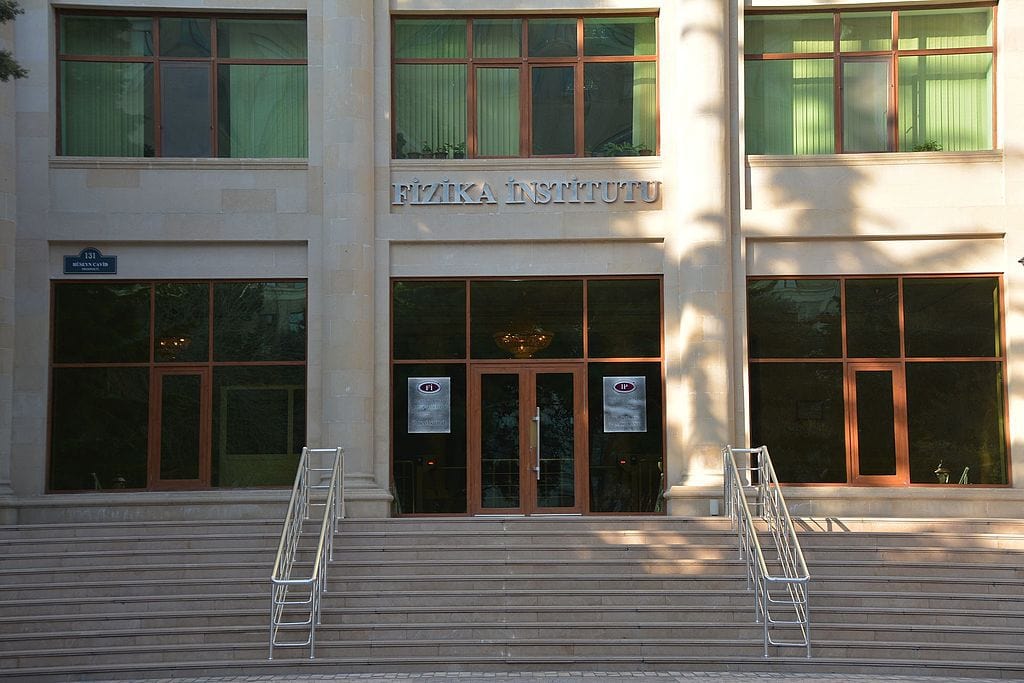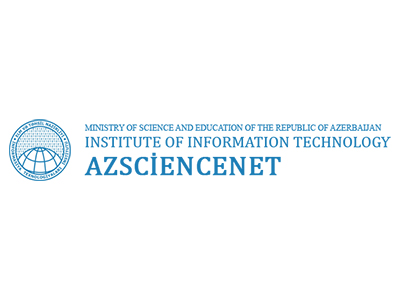Interview with Shakir Nagiyev from the Institute of Physics, Azerbaijan
Shakir Nagiyev is the Head of the Nuclear Physics and High Energy Physics laboratory at the Institute of Physics, he is also a member of the Scientific Council of the Joint Institute for Nuclear Research (JINR) and the Group Leader of Azerbaijani scientists at the ATLAS Experiment, CERN.
Shakir, what are the main areas of research of the Institute of Physics?
The Institute of Physics is the leading centre for fundamental physics research in Azerbaijan. Our main areas of research include condensed state physics, physical and technical foundations of optoelectronics, nuclear and high energy physics.
Tell us about the Institute’s collaboration with CERN. How did it all start? What changes did this collaboration bring?
We believe that close cooperation with international scientific organisations can help us address the issues of modern science in our country and better prepare for the future. The Institute has been collaborating closely with CERN – the world’s largest leading research centre in the field of elementary particles and high-energy physics – since 1997, with a collaboration agreement between CERN and our government, wanted and supported directly by President Heydar Aliyev.
This collaboration includes joint research activities and training at the ATLAS project. Over the years, CERN has played, and continues to play, a major role in the development of fundamental and experimental science in our country. As a result, we are seeing a growing generation of world-renowned physicists from Azerbaijan in the field of nuclear and particle physics, working in leading scientific research organisations in the country and around the world.
Our researchers are able to participate in CERN’s experimental and theoretical physics, accelerator and detector technology, as well as in a variety of other projects in these areas. ANAS employees are able to carry out joint research with CERN both directly and through the JINR.
What type of support did you receive from AzScienceNet, what role did the NREN play?
In 2008, the joint support from CERN, JINR, the Azerbaijan National Academy of Sciences and the AzScienceNet NOC of the Institute of Information Technology (IIT ) enabled the launch of the National GRID Information and Computing Centre which is part of the Institute of Physics. The centre is currently pursuing three main scientific directions: grid, cluster and cloud technologies. Data centre users, thanks to the opportunities offered by AzScienceNet, are able to solve problems in the field of high energy, solid state physics, nanotechnologies and more
The National GRID’s infrastructure consists of high-productive blade Supermicro servers, as well as an IBM blade server, Alcatel phivel servers, cloud computing and storage supplied by AzScienceNet which also provides high-bandwidth network and storage resources. In addition to this, the support and collaboration with AzScienceNet enables the transfer and coordination of raw big data during research via cloud and computing resources.
The National GRID Information and Computing Centre helps to expand international scientific relations, accelerate integration in world science, solve complex science-intensive problems, the participation in joint projects with CERN. If one considers that processing of complex problems and sending them to CERN require large computing resources and high-speed internet, this is where the support of AzScienceNet becomes truly essential.
What are the Institute’s plans for the future including your collaboration with AzScienceNet?
Strengthening our relations with CERN is fundamental for the development of nuclear and high energy physics in the republic of Azerbaijan. We are delighted that AzScienceNet will continue to support the Institute and there are also plans to make the most of additional GÉANT services (such as eduGAIN, eduVPN etc.) that will be supplied within the framework of the EaPConnect project. High-speed internet and storage provided by AzScienceNet is vital for us now and in the future. The Institute of Physics welcomes the cooperation with European organisations and the Eastern Partnership countries to exchange ideas and experiences in all our fields of research.








